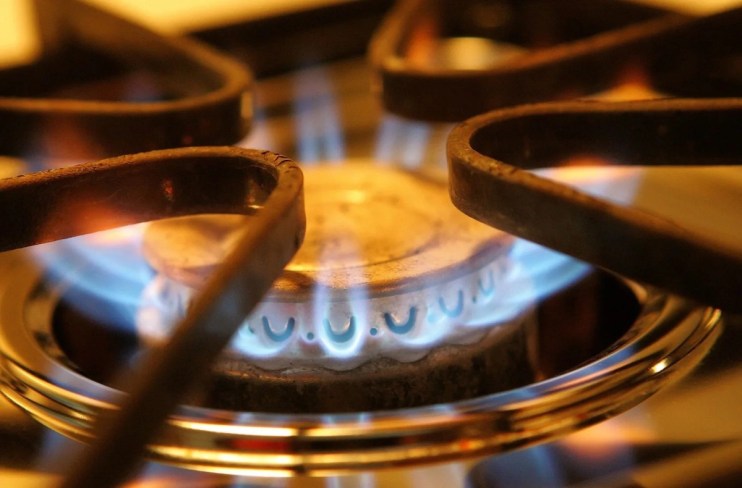Prepayment customers twice as likely to go into debt, new data reveals

People with energy prepayment meters in their homes have been nearly twice as likely to dip into debt due to the cost of living crisis than others, according to new data.
The Office for National Statistics (ONS) found that 26 per cent of adults who pay for their gas or electricity up front reported using credit because of increases to the cost of living.
Among the rest of the population that figure was 14 per cent, the ONS said.
Energy suppliers have recently stopped force-fitting prepayment meters in the homes of customers who have not paid their bills, and not engaged with their supplier.
The practice was halted after an investigation by the Times suggested that sub-contractors were breaking into the homes of vulnerable people – which is against the rules.
The report from the ONS also showed that people aged between 25 to 34 had the highest odds of any age group to be experiencing “some form of financial vulnerability”.
They were 2.2 times more likely than those aged 75 or over to fall into that category.
It found that 34 per cent of this age group said they had started to borrow more money or use more credit than usual when compared to a year ago. Only seven per cent of those over 75 said the same.
The research also found that renters were 4.4 times more likely than those who own their home outright to be in a financially vulnerable situation.
More than half of renters – 55 per cent – said they would not be able to afford an unexpected £850 spend. Just 12 per cent of those who own their home outright said the same.
The report also found that parents and those earning less money were more likely to be financially vulnerable.
“When asked what they were doing because of increases in the cost of living, around 7 in 10 – 69 per cent – of adults said they were spending less on non-essentials, while 60 per cent said they were using less fuel, such as gas or electricity in their home,” the ONS said.
“These were the most commonly reported actions by all adults across Great Britain.”
Press Association – August Graham
